admin
Fichier
Edited Text
Lois Red Elk
e
Indian Names
I was visiting and travelling in California one year, and was
surprised to meet so many Indian people who told me their Indian
names were made up or borrowed from some other tribe. I felt
sorry, because they wished they had their family Indian names
and could receive personal Indian names in the traditional cere-
monial way.
All Native nations, clans and families have traditional ways
for acquiring Indian names and in turn these names are passed on
through the generations. At one time our people were known only
by their Indian names, and some had two Indian names. One
name was received during childhood, and the second after they
matured and/or accomplished a great deed. One’s Indian name
identified who you were.
Among the L/Dakota, Indian names came individually
through a very spiritual and ceremonial process. We were named
after a revered ancestor, after a vision, or according to a personal
dream.
A very private and sacred naming ceremony, in the Sioux
Nation, was to ask a “Winkte” (literally, a man who acts like a
woman) to give a secret name to our child. When this was done
the child would always be healthy and have a long life.
Those of us who have gone through a traditional naming cer-
emony never forget the experience whether we are the recipient,
the giver, or a member of the family. We are charged not to for-
get, because it is also our responsibility to help the recipient
uphold their name. Along with the name comes a ceremonial gift.
We lived by our Indian names, upheld and honored them.
Names were so important, we dared not dishonor them. Yes, we
made mistakes, we are human, we all go through a learning
process, but we lived and were guided so we would not go out
and intentionally dishonor our names.
164
e
Indian Names
I was visiting and travelling in California one year, and was
surprised to meet so many Indian people who told me their Indian
names were made up or borrowed from some other tribe. I felt
sorry, because they wished they had their family Indian names
and could receive personal Indian names in the traditional cere-
monial way.
All Native nations, clans and families have traditional ways
for acquiring Indian names and in turn these names are passed on
through the generations. At one time our people were known only
by their Indian names, and some had two Indian names. One
name was received during childhood, and the second after they
matured and/or accomplished a great deed. One’s Indian name
identified who you were.
Among the L/Dakota, Indian names came individually
through a very spiritual and ceremonial process. We were named
after a revered ancestor, after a vision, or according to a personal
dream.
A very private and sacred naming ceremony, in the Sioux
Nation, was to ask a “Winkte” (literally, a man who acts like a
woman) to give a secret name to our child. When this was done
the child would always be healthy and have a long life.
Those of us who have gone through a traditional naming cer-
emony never forget the experience whether we are the recipient,
the giver, or a member of the family. We are charged not to for-
get, because it is also our responsibility to help the recipient
uphold their name. Along with the name comes a ceremonial gift.
We lived by our Indian names, upheld and honored them.
Names were so important, we dared not dishonor them. Yes, we
made mistakes, we are human, we all go through a learning
process, but we lived and were guided so we would not go out
and intentionally dishonor our names.
164
Media of
